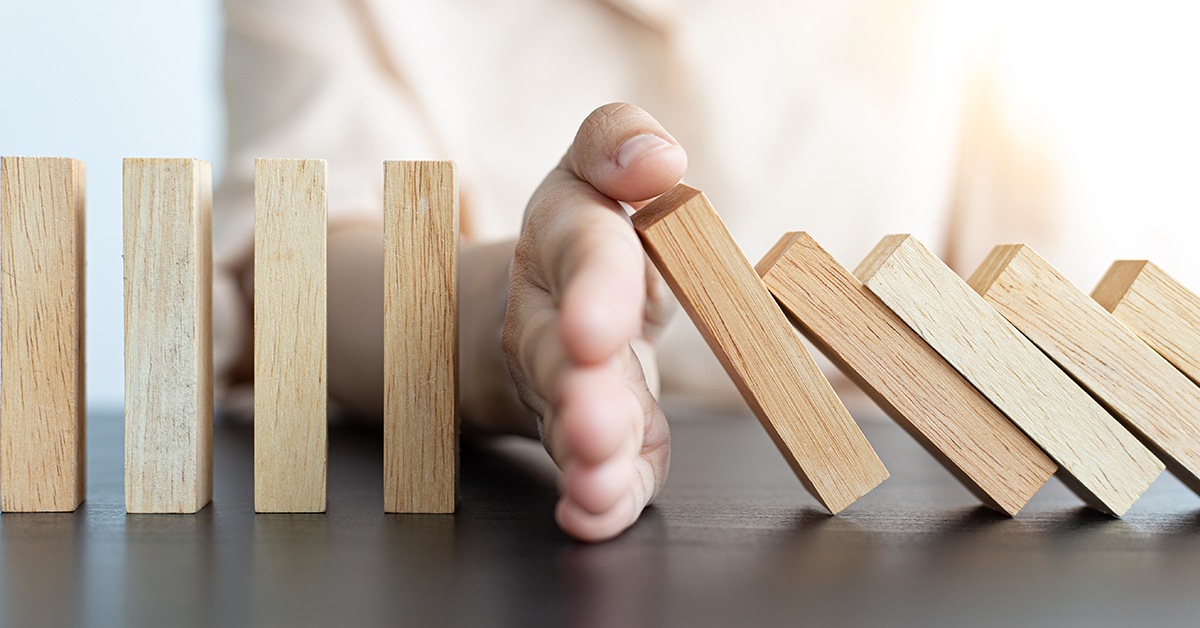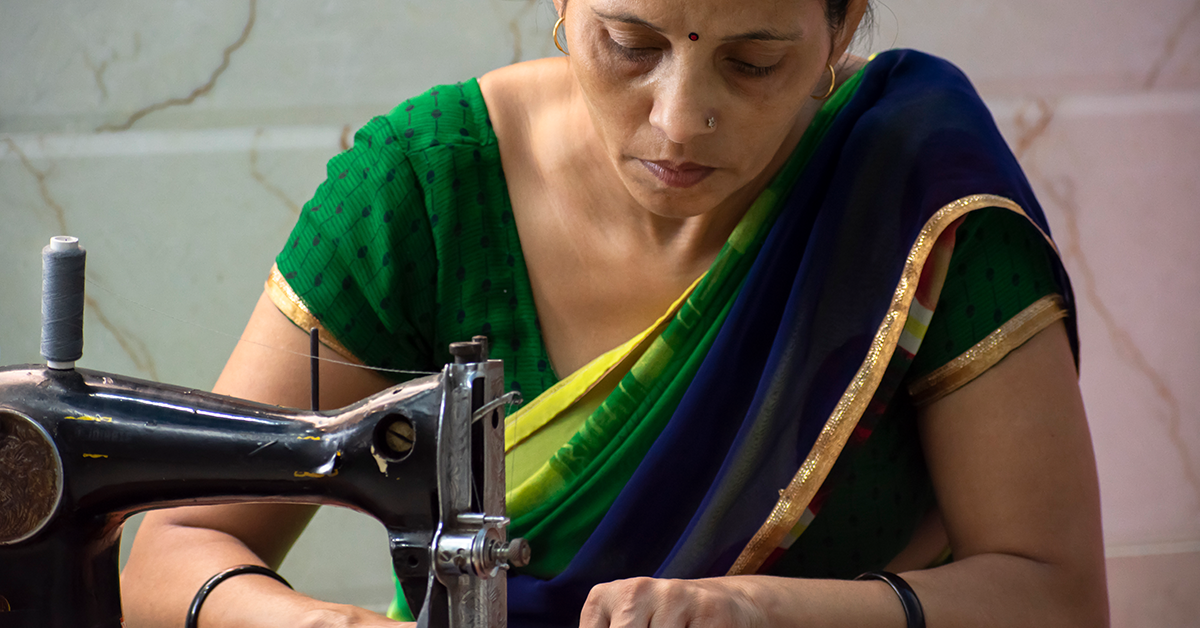Many people think that osteoporosis is a disease for old people. But the foundation for strong bones is made when bones are still growing and developing. A 10% increase in peak bone mineral density (BMD), which is a measure of bone strength could delay the onset of osteoporosis by 13 years.1
Bone is a living tissue that gives your body structure. It is continually being rebuilt and replaced throughout your life, ensuring you eat the right amount of calcium, have adequate vitamin D levels and keeping fit, can all go a long way to maintaining good bone health. The time to protect your bones from osteoporosis is now – at every stage of life – from childhood to old age:
 |
Build strong bones in childhood and adolescence1 During this period both the size and strength of our bones increases significantly. Approximately 50% of our bone mass is accumulated during adolescence and this process continues until our mid 20s. The peak age for bone building is 14 years in boys and 12.5 years in girls. Tips for children:1
|
 |
Maintain bone and muscle strength as an adult1 We start to lose bone tissue at 40 when we can no longer rebuild bone tissue as quickly as we lose it. At this stage, take steps to stem the tide of bone loss. Tips for young adults:1
|
 |
Guard against weak bones in older age1,2 Women lose up to 20% of their bone structure after menopause and this also occurs to men later in life. Keeping healthy and maintaining strong muscles and bones help older people enjoy an active, mobile and independent life. Tips for seniors:1
|



References – Strong bones throughout life
1 International Osteoporosis Foundation. Serve up bone strength throughout your life. 2015. osteoporosis.foundation/educational-hub/material/brochures.
2 Bone Health & Osteoporosis. Healthy bones for life - Patient’s guide. 2014. bonehealthandosteoporosis.org/healthy-bones-for-life.